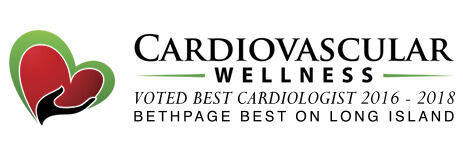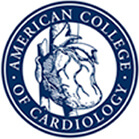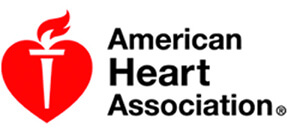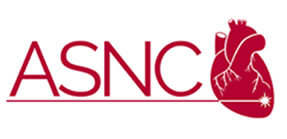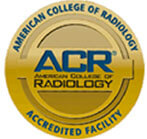World’s Biggest Killer: Ischemic Heart Disease
- Posted on: Feb 21 2022
Can plaque buildup in arteries eventually lead to a heart attack?
As the world scrambles trying to get ahead of and ultimately defeat the COVID pandemic, other health issues have not gone away. Some of the most deadly are made even more serious because we don’t always have warning signs. High blood pressure is known as the “silent killer” due to the fact that it can be present for years without any symptoms. Without regular medical check-ups, high blood pressure can lead to heart disease, heart failure, stroke, and heart attack.
As serious as high blood pressure is, it is not the only life-threatening condition that can be silent. Ischemia, also known as coronary artery disease and coronary heart disease, refers to restricted or reduced blood flow to a particular part of the body. Cardiac ischemia specifically describes decreased blood flow to the heart muscle, including the all-important oxygen component. Many people can have ischemia without knowing it. Silent ischemia can be the cause of a heart attack with no prior indications or warnings.
We get the term ischemia from the Latin ischaemia, or ischaemus, meaning “stopping blood”. The most common cause of the blood being stopped or the flow decreased is atherosclerosis, which refers to plaque buildup in the arteries. The inner walls of arteries are smooth and have elastic-like flexibility. When plaque, which is made up of fatty deposits consisting of cholesterol, calcium, cellular wastes, and the clotting protein, fibrin, builds upon the arterial walls, they begin to thicken. This results in a narrowing which, in turn, deprives the heart of oxygen. If allowed to progress unchecked, the artery may become completely blocked and result in a heart attack.
According to the World Health Organization, “The world’s biggest killer is ischemic heart disease, responsible for 16% of the world’s total deaths. Since 2000, the largest increase in deaths has been for this disease, rising by more than 2 million to 8.9 million deaths in 2019.”
That is a pretty frightening statistic for something you may not even know you have! It is believed that people in the early stages of atherosclerosis, which describes less than 50 percent narrowing of the blood vessel, have not experienced symptoms. When further damage is done, symptoms typically appear during physical exertion or times of high emotional stress due to the increased demand for oxygen.
Symptoms of Ischemia
When symptoms do occur, they are varied and can often be mistaken for something else. Some of the most common to be aware of include:
- chest pain or pressure (angina), usually felt on the left side of the body
- pain in the jaw, neck, shoulder, or arm
- rapid heartbeat
- shortness of breath when exercising or stressed
- nausea, sometimes to the point of vomiting
- sweating
- unexplained fatigue
While it’s not always possible to be aware of developing cardiac ischemia, there are known risk factors that contribute to plaque buildup. These include:
- smoking
- high blood pressure
- high cholesterol levels, specifically low-density lipoprotein (LDL)
- elevated levels of triglycerides, a type of fat found in the blood
- obesity, particularly body fat around the waist region
- inadequate physical exercise
Cardiac ischemia is a serious condition. Besides making appropriate lifestyle decisions, regular visits to your healthcare professional for checkups are extremely important.
At Cardiovascular Wellness, our mission is to provide outstanding, timely, and personalized care to all of our patients. We are committed to improving your quality of life by designing a comprehensive plan of heart care, individualized to your needs.
Information on locations and office hours for Cardiovascular Wellness can be found by clicking here.
Posted in: Heart Disease
